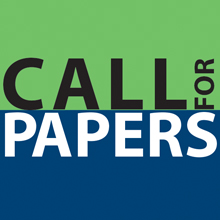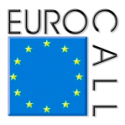
Through the EUROCALL list
Special issue of Language Learning in Higher Education:
“Synchronous communication technologies in language and intercultural learning and teaching in higher education”
Submissions are invited for a special issue of the journal focusing on synchronous communication technologies in language and intercultural learning and teaching in higher education. Mediated communication in general continues to receive much attention from practitioners and researchers, as online technologies have become a central part of the communicative landscape. But the properties and potentials of particular types of mediated communication have rarely been brought sharply in focus. This special issue aims to address this with respect specifically to synchronous communication technologies, such as text-based chat and instant messaging, online video, and mixed-modality platforms. We welcome papers that address questions including, but not limited to, pedagogy, interactional dynamics, discourse, and language with respect to these technologies. It is essential that papers focus especially on the relationship between learning and communication on one hand, and the properties of synchronous technologies on the other.
Submission of articles 15 January 2016
Review process February – May 2016
Notification of acceptance June 2016
Revision of articles July – September 2016
Publication of the special issue Spring 2017
Please address any inquiries or proposals to Breffni O’Rourke (breffni.orourke@tcd.ie) and Ursula Stickler (ursula.stickler@open.ac.uk), with “LLHE” in the subject line.
Breffni O’Rourke (Trinity College Dublin) & Ursula Stickler (The Open University)
De Gruyter page for Language Learning in Higher Education: http://www.degruyter.com/view/j/cercles
This CFP: http://www.degruyter.com/view/supplement/s21916128_Call_for_Papers.pdf



